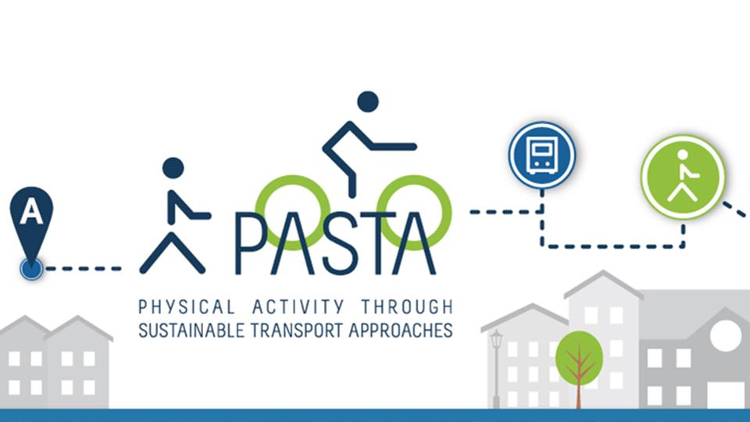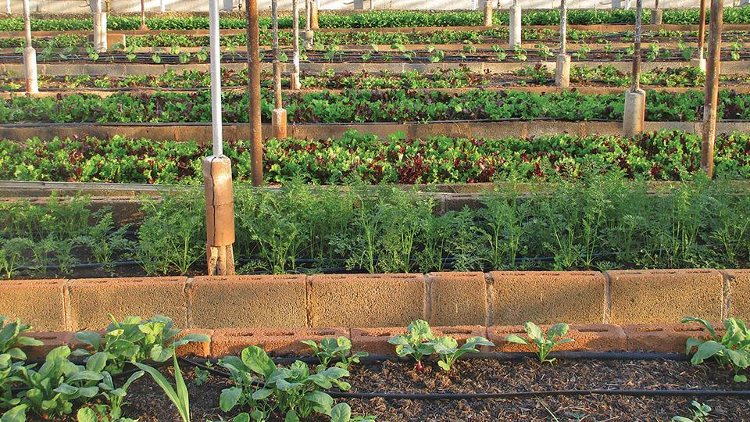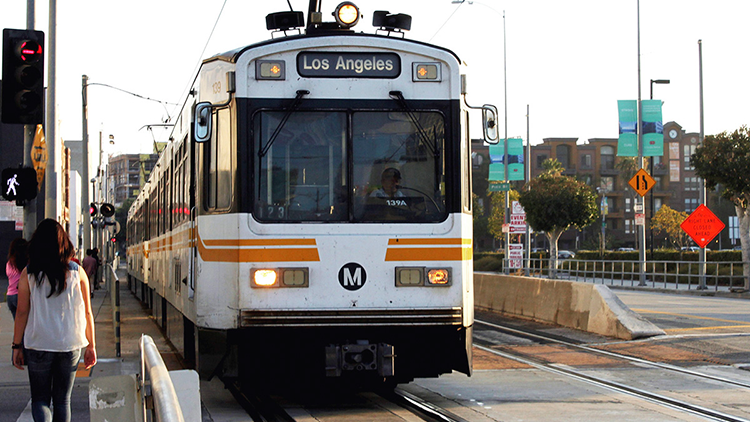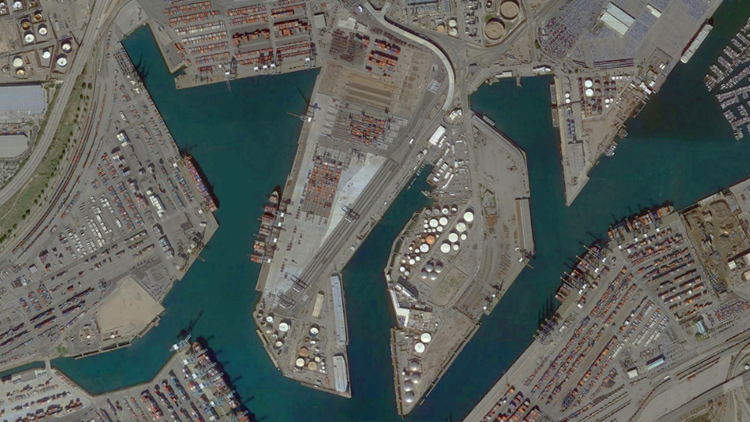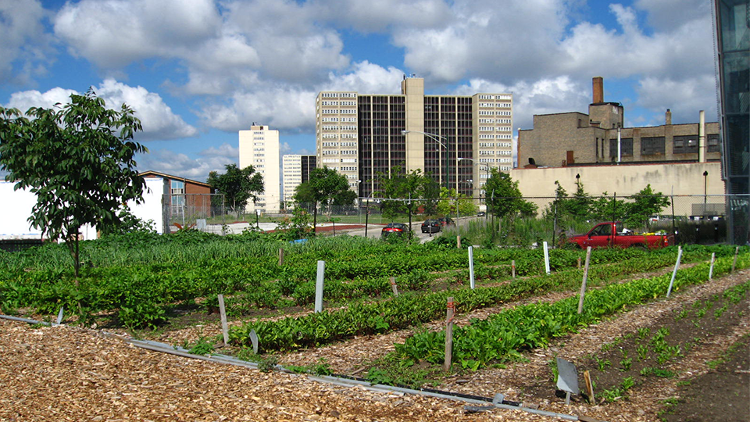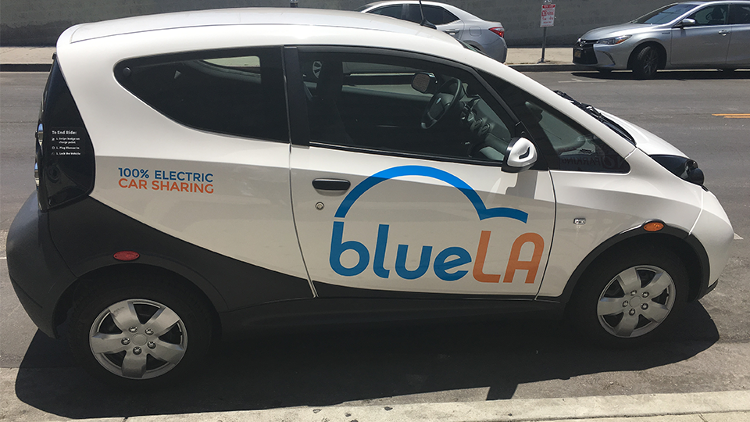
A power grid is a network for delivering electricity to consumers. Because utility structure is widely understudied, a critical component to “greening” the power grid is fully understanding the current system. In the Los Angeles region, two separate entities provide power to residents and are subject to very different regulatory structures:
Los Angeles Department of Water and Power (LADWP) is the country’s largest municipally owned utility that serves the City of Los Angeles.
Southern California Edison (SCE) is an investor-owned utility that serves all of Los Angeles County outside the City of Los Angeles borders.
Having dual models of electricity service and regulation provides researchers with a unique opportunity to evaluate and compare the two. Researchers examined whether these two models under different forms of governance and ownership have necessary structures in place in order to achieve sustainability in the energy sector.
Award Year

